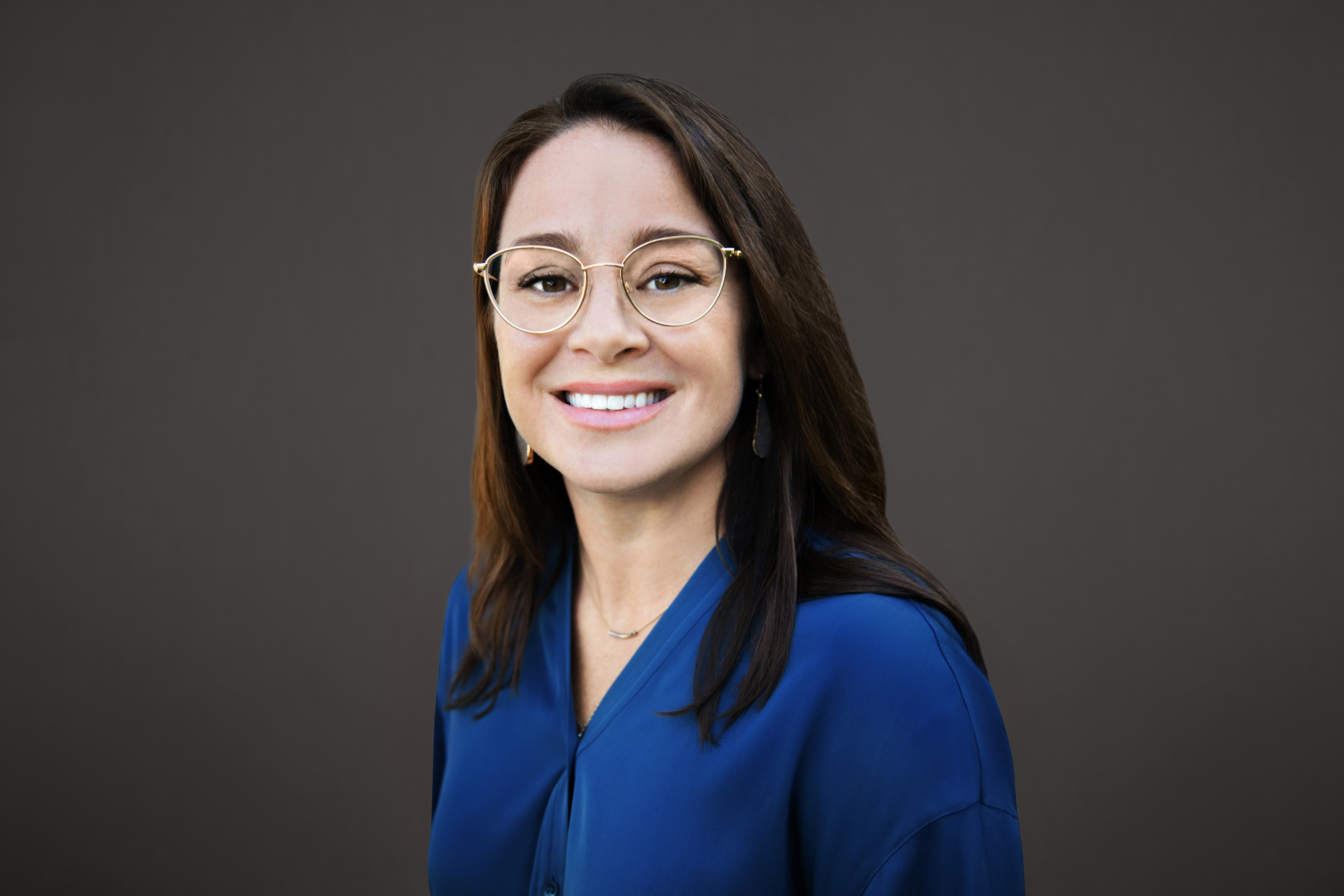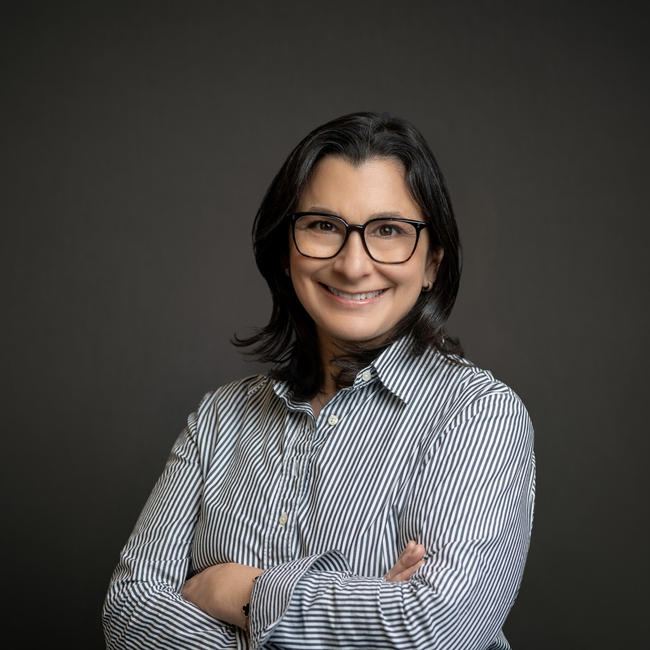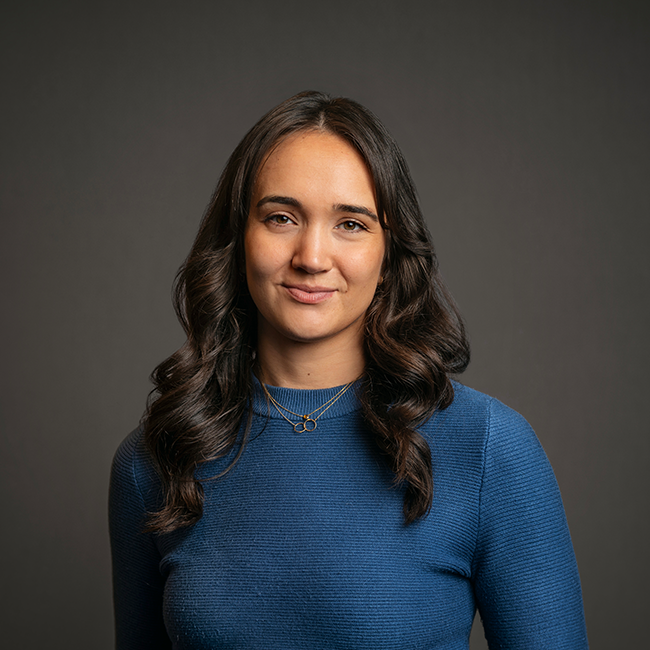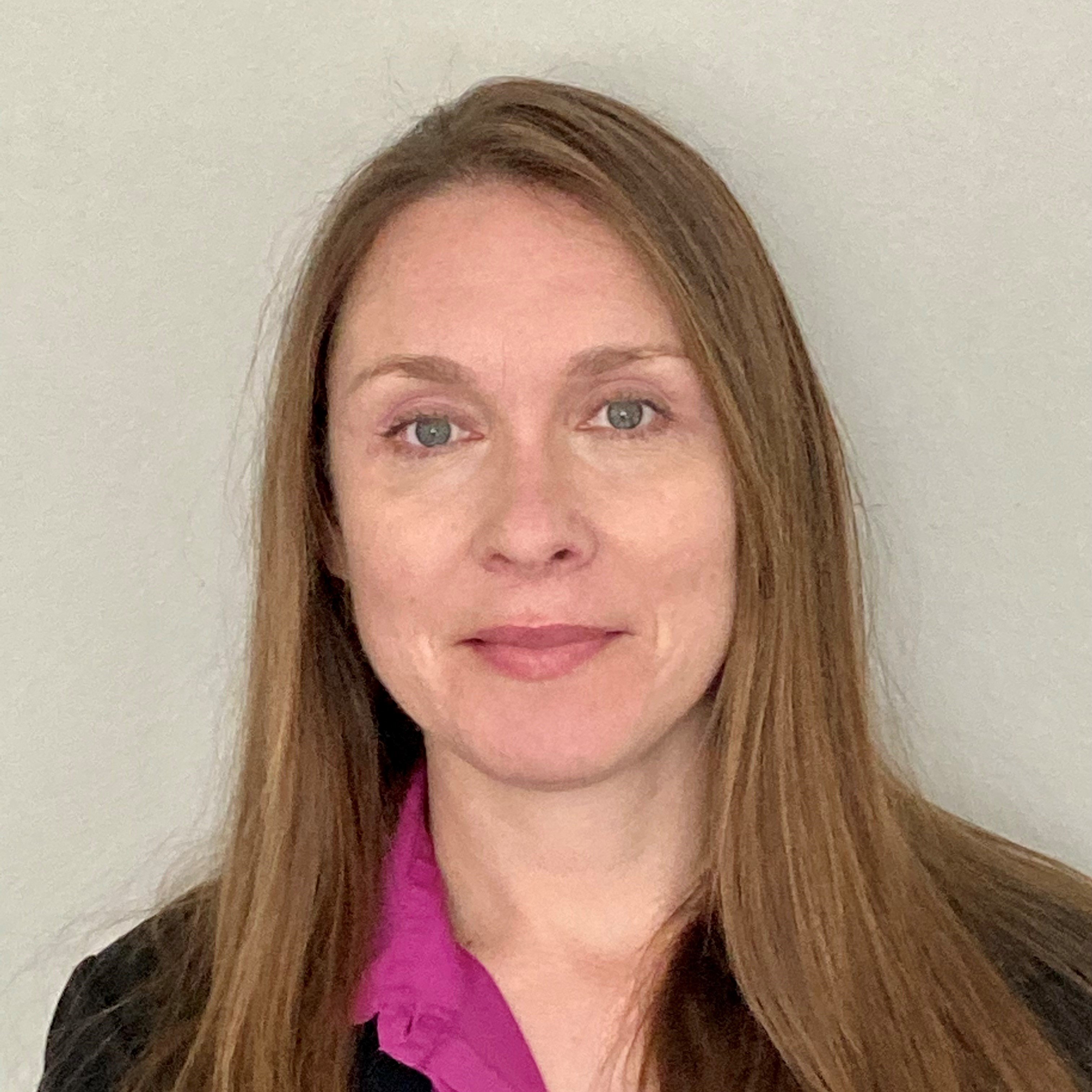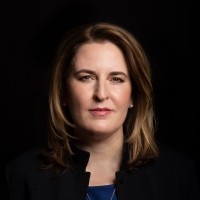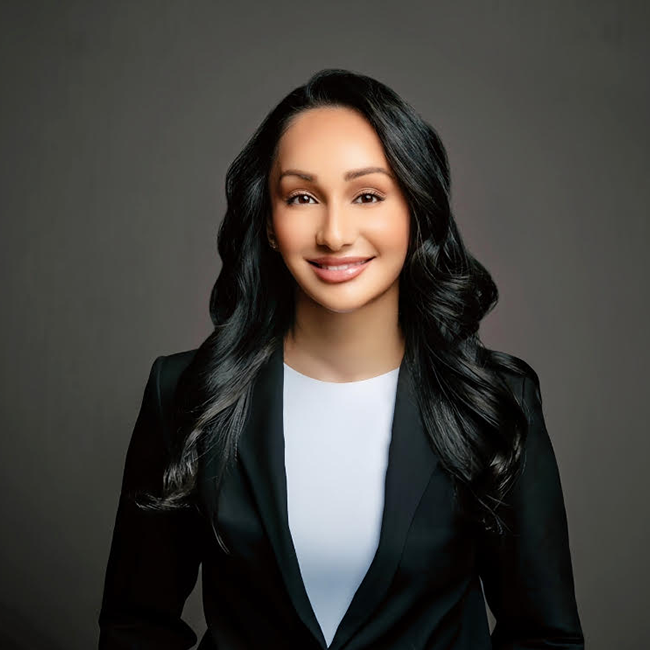
In This Edition
Milken Institute Global Conference October 18–20
The Alliance to Improve Dementia Care
Read, watch, and share the latest from our Center leaders and Advisory Board
Chairman's Note
Friends,
It seems hard to believe that the fall is upon us in what has been another extraordinary year. The spread of the Delta variant and the challenges of vaccine hesitancy may have slowed a full reopening, but we look forward with optimism. With the Milken Institute's Global Conference just ahead and our programs moving quickly, this will be a busy season for our Center team. The Alliance to Improve Dementia Care continues to engage policymakers and a wide range of stakeholders in initiatives to expand resources and reduce disparities. Our new Tech-Enabled Health and Home Care project champions telehealth, digital tools, AI, and other innovations to increase access and improve health outcomes. As part of our work to promote financial wellness and healthy longevity, our Future of Retirement project aims to enable individuals and institutions to realize the upsides and mitigate the risks of longer lives. As always, we want to recognize the active support of our board members and donors. Our work is a product of their commitment, and we are very grateful for their generosity.
Paul Irving
Chairman
Milken Institute Center for the Future of Aging
Milken Institute Global Conference
Monday, October 18–Wednesday, October 20, 2021 at The Beverly Hilton in Beverly Hills, CA
Charting a New Course
The Milken Institute Global Conference convenes the best minds in the world to tackle its most urgent challenges and help realize its most exciting opportunities. It is a unique experience in which individuals with the capital, power, and influence to change the world connect with those whose expertise and creativity are reinventing health, finance, technology, philanthropy, industry, and media. The 24th annual Global Conference will center on the theme "Charting a New Course." In October, we will focus on how the disruptions and innovations of the recent past can be reframed for a thriving future.
Featured Livestreamed Sessions
Boomerang: The Intergenerational Dependencies Impacting Financial Security
The COVID-19 pandemic has underscored the intergenerational dependencies between millennials and their baby boomer parents. Nearly 60 percent of millennials receive some form of financial help from their parents. The increase in young adults living with their parents during the pandemic highlighted a trend already in the making. About one-quarter of millennials are providing some form of care to their aging parents, putting careers and personal lives on hold. How will younger generations achieve financial security, and will their parents be able to help them when their own retirement preparedness is lacking? This panel will explore the long-term social and economic impact of current behaviors among interdependent generations.
Bots, Bytes, and Brains: Extending Longevity Through Technology
With artificial intelligence, big data, and digital devices bringing technology advancements ever more within reach, what once seemed the province of futurists is here and changing the delivery of health services, information, and access today. Will these cutting-edge tech tools transform how we age? Will innovation be democratized or will the gulfs between haves and have-nots widen? Experts from across sectors will explore the breakthroughs on the way and the policy and ethical issues that will arise as we integrate them into existing systems and our lives.
Private, In-Person, Sessions
Center for the Future of Aging Advisory Board (Invitation-Only)
Focused on promoting healthy longevity and financial wellness, the Milken Institute Center for the Future of Aging and its Advisory Board seek to raise awareness, drive change, and ensure that individuals, institutions, and societies are prepared for the realities of population aging. During this meeting, our Advisory Board members will engage in a collaborative discussion on critical issues facing older adults to identify opportunities, build consensus on action, and inform the Center's plans and programs over the years ahead.
Age-Less: How Scientific Advances Will Upend 21st Century Aging (Invitation-Only)
The dream of longevity science is to enable longer and healthier lives for people across the planet. Delaying and curing aging-related conditions, including Alzheimer’s, cancer, and heart disease, will allow us to live in better health regardless of our age. And emerging technologies, including those that alter, extend, and monitor brain function, could ultimately extend healthy lives for decades longer. Preventing disease before people get sick could also dramatically reduce health care expenditures across the globe. Researchers across America and the world are at the threshold of new knowledge, ideas, and innovations. And investors are paying close attention. This panel will explore the science and the possibilities in a revolutionary time for longevity science.
The Future of Retirement: A Redefinition of Growing Older (Invitation-Only)
What is the future of retirement? A gold watch, the end of work, and a life of leisure in an age-segregated community? “Pullback,” “retreat,” and “withdrawal” in the words of the Merriam-Webster dictionary? While these images and words may reflect yesterday’s experience, they ignore the realities of our time. With a rapidly aging population and longer lives in store, defining what matters in the “new retirement”—health, financial security, family, and purpose—and identifying multi-generational solutions that advance change is more crucial than ever. Our Center is exploring how we can improve the retirements of today's older adults and generations to come.
Quotes of the Quarter
Read, watch, and share the latest from our Center leaders and Advisory Board
"The global pandemic and the election of President Joe Biden have fundamentally altered [the politics of aging]."— Nora Super in "Three Trends Shaping the Politics of Aging in America" in the Journal of Gerontology & Geriatric Medicine
"The thing that will be hardest for AI to overcome is the wisdom that comes with age."—Paul Irving in the Health Gig podcast
"The US population that will need long-term services and supports is growing, and we're not addressing their needs. So, my dream of 10 years from now is that we do have the Program of All-Inclusive Care for the Elderly (PACE) widely available to all Medicare enrollees—so they can choose it as an option."—Nora Super during a moderated discussion hosted by Altarum and the National PACE Association
"Ageism will not be defeated by a retreat to age-segregated corners, but only by engagement, collaboration and dialogue across age, race, and class divides."—Paul Irving in his op-ed for NextAvenue
The Alliance to Improve Dementia Care
The recommendations in our upcoming report focus on spreading comprehensive dementia care and payment models under traditional Medicare, where we believe there is the most urgent need for reform. Get caught up on our work here.
From Our Board
-
Facebook's Freddy Abnousi discussed population health and Silicon Valley's entrance into health care with physician and former Senator Bill Frist on his podcast "A Second Opinion."
-
CEO Richard Ashworth had to transition Tivity Health's service offerings to the digital space—fast. Read his lessons learned from the company's digital transformation in the Nashville Post.
-
WorkingNation Founder and CEO Arthur Bilger posits in CNBC that the labor shortage is due to pandemic health concerns, child-care challenges, and an existing labor skills gap that COVID made worse.
-
Laura Carstensen, director of the Stanford Center on Longevity, reminds advertisers, public health officials, and policymakers about effective messaging to older audiences.
-
Catherine Collinson, CEO and president of Transamerica and Transamerica Center for Retirement Studies, spoke to NextAvenue about gender gaps in retirement savings and the effect of the pandemic.
-
Angelique Chan of Duke-NUS Medical School in Singapore released a new longitudinal population-based study about loneliness and health expectancy among older adults.
-
Henry Cisneros, former mayor of San Antonio and former secretary of housing and urban development, recently launched a fellowship program and opened a library consisting of books about economics, public service, and world history in his San Antonio hometown.
-
Pfizer's Global President of Vaccines, Nanette Cocero, is focused on building vaccine confidence. She joined "The Brown Girls' Guide to Politics" podcast to talk about how vaccines are developed, how they reach people worldwide, and how the healthcare industry can positively impact all.
-
Dean of Leonard Davis School of Gerontology at USC Pinchas Cohen released new findings that show treating type 1 diabetes-prone mice with a small protein called MOTS-c prevented the immune system from destroying insulin-producing pancreatic cells, effectively preventing the onset of the autoimmune disease.
-
In Forbes, Joseph Coughlin of the MIT AgeLab dubs this time as "Society's Great Reframing." He believes that the pandemic has created a "renewed and heightened vigilance and priority to determine what is truly important and to make choices accordingly."
-
Will Dow, professor of public health and demography at the University of California, Berkeley, spoke to Barrons about the economic effects of our aging nation on our health system.
-
The American Society on Aging Legacy Interviews, conducted by AgeWave's Ken Dychtwald, captures the wisdom and character of gerontology's pioneers to inform, inspire, and guide professionals in the fields of aging and related services. Our board members are featured in the interviews:
-
CEO and President of Encore.org, Marc Freedman, on how much time we have to contribute to the greater good.
-
Terry Fulmer, president of The John A. Hartford Foundation, offers sage advice to the next generation of changemakers.
-
UCLA's Fernando Torres-Gil draws from his nearly 50 years of leadership, lays out a bold and visionary blueprint for the future of aging, longevity, and equity.
-
Linda Fried, dean of Columbia University's Mailman School of Public Health, discusses how we can fight social isolation and loneliness.
-
-
Ric Edelman, founder of Edelman Financial Engines, spoke with Ken Dychtwald about longevity risk and easing client's fear of outliving their savings.
-
The executive director of the Brookdale Center on Aging at Hunter College/CUNY, Ruth Finkelstein, has a new book. "Ageless Talent: Enhancing the Performance and Well-Being of Your Age-Diverse Workforce," a practical guide for organizational leaders, managers, and supervisors interested in developing and managing an aging and age-diverse talent pool.
-
Lynn Goldman, dean of the GWU Milken Institute School of Public Health, is taking part in a new partnership with Kaiser Permanente to improve housing stability and the health of many communities around the country.
-
At the Joint Center for Housing Studies of Harvard University, Chris Herbert and his team released a report on "The State of the Nation's Housing."
-
Jeff Huber, CEO of Home Instead, is joining forces with Honor Technology to transform the world of senior care.
-
"Building the Caregiving Workforce Our Aging World Needs," a new report released by the Global Coalition on Aging under the leadership of Michael Hodin, outlines the urgent actions that must be taken to address the global crisis of care.
-
AARP CEO Jo Ann Jenkins and US Department of Housing and Urban Development Secretary Marcia L. Fudge discuss aging in place and the housing needs of older adults.
-
"The Annenberg Foundation and our Chairman Wallis Annenberg created PledgeLA to ensure that all Angelenos benefit from the growth of our Los Angeles tech and innovation sector," said Cinny Kennard, executive director of the Annenberg Foundation, in a recent survey of the program's progress to date.
-
Surya Kolluri, managing director at Bank of America, shared a joint report produced with MIT AgeLab titled "AI and Longevity." This comprehensive report breaks down consumer and expert perceptions of artificial intelligence.
-
Robert Kramer, co-founder and strategic advisor of the National Investment Center for Seniors Housing & Care, wrote an op-ed for The Dallas Morning News arguing that "we as a country have a biased—and potentially ageist—narrative when it comes to elders living in congregate settings."
-
Penny Pennington, managing partner at Edward Jones, sat down with Financial Planning to discuss what's ahead for wealth management.
-
Entrepreneur and investor Jim Mellon spoke with Euronews about his new book "Moo’s Law: An Investor’s Guide to the New Agrarian Revolution.”
-
The Eisner Foundation, led by Trent Stamp, partnered with Encore.org and the Stanford Social Innovation Review to present an essay series on “Meeting the Multigenerational Moment.” Stamp contributed to the series with a call to philanthropists to break down siloes with their giving.

